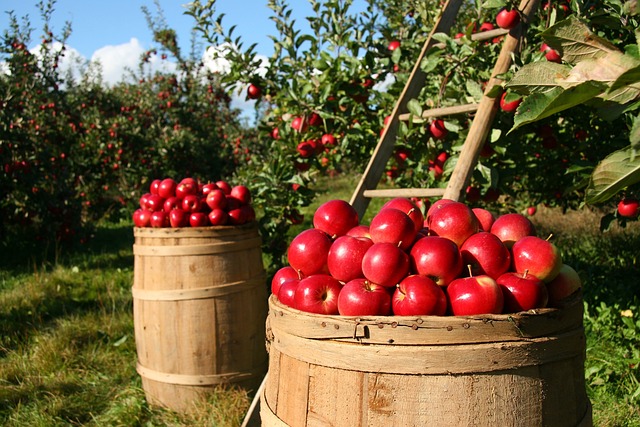Beyond Yogurt: Exploring Novel Sources of Probiotics for Optimal Health
The word “probiotics” has gained significant popularity in recent years due to its potential health benefits. While many individuals associate probiotics with yogurt, the truth is that there are various other sources of these beneficial bacteria that can contribute to our optimal health. In this article, we will delve into some of the lesser-known but equally potent sources of probiotics.
Fermented Foods
Beyond yogurt, a wide array of fermented foods can provide a rich source of probiotics. These foods undergo a natural fermentation process, where beneficial bacteria convert sugars and carbohydrates into organic acids. This process not only enhances the flavor of the food but also promotes the growth of beneficial bacteria.
Sauerkraut, kimchi, and pickles are examples of such fermented foods. These tangy treats not only offer a unique taste but also provide a boost of probiotics. Adding a spoonful of sauerkraut to your sandwiches or enjoying some kimchi as a side dish can introduce diverse strains of beneficial bacteria into your gut.
Kombucha
Kombucha is a fermented tea that has gained a reputation as a health elixir. It is made by fermenting sweetened tea with a SCOBY (symbiotic culture of bacteria and yeast). The result is a refreshing beverage rich in probiotics, organic acids, and antioxidants.
Drinking kombucha regularly can support gut health, aid digestion, and even boost the immune system. It is available in various flavors, making it an enjoyable way to incorporate probiotics into your daily routine.
Miso
Miso is a traditional Japanese seasoning made from fermented soybeans, rice, barley, or other grains. The fermentation process involves the use of a specific fungus, Aspergillus oryzae, which imparts the distinct taste and probiotic benefits to miso.
Adding miso to soups, dressings, or marinades not only enhances the flavor but also introduces beneficial bacteria into your system. As a result, consuming miso regularly can contribute to a healthy gut and improved overall well-being.
Tempeh
Tempeh is another soy-based product that undergoes fermentation. Originating from Indonesia, tempeh is made by binding soybeans into a compact cake and allowing them to ferment with the help of a fungal starter culture.
Unlike many other soy products, the fermentation process makes tempeh easier to digest and increases its nutritional value. Additionally, tempeh is a good source of probiotics, protein, and essential minerals. It can be used as a meat substitute in various dishes, making it a versatile and healthy option for those seeking probiotics.
Non-Dairy Alternatives
For individuals who prefer to avoid dairy or are lactose intolerant, there are plenty of non-dairy alternatives that offer a probiotic punch. Non-dairy yogurts made from coconut, almond, or soy milk often contain specific strains of beneficial bacteria.
Furthermore, there are non-dairy kefirs available on the market that provide a similar experience to traditional dairy kefir. These products are typically cultured using bacteria and yeast, offering a wide range of probiotic strains.
The Importance of Probiotics for Optimal Health
Introducing probiotics into our diet is essential for maintaining a healthy gut microbiome, which plays a crucial role in our overall well-being. Probiotics can help regulate digestion, support immune function, and promote nutrient absorption.
While yogurt is a well-known source of probiotics, it is crucial to explore and incorporate other probiotic-rich foods into our diet. By diversifying our sources, we can benefit from a wider range of beneficial bacteria strains, which can have a positive impact on our gut health.
So, the next time you think of probiotics, go beyond yogurt and consider incorporating fermented foods like sauerkraut, kimchi, or tempeh into your meals. Experiment with new flavors and explore the diverse world of probiotic-rich foods to support your optimal health.







